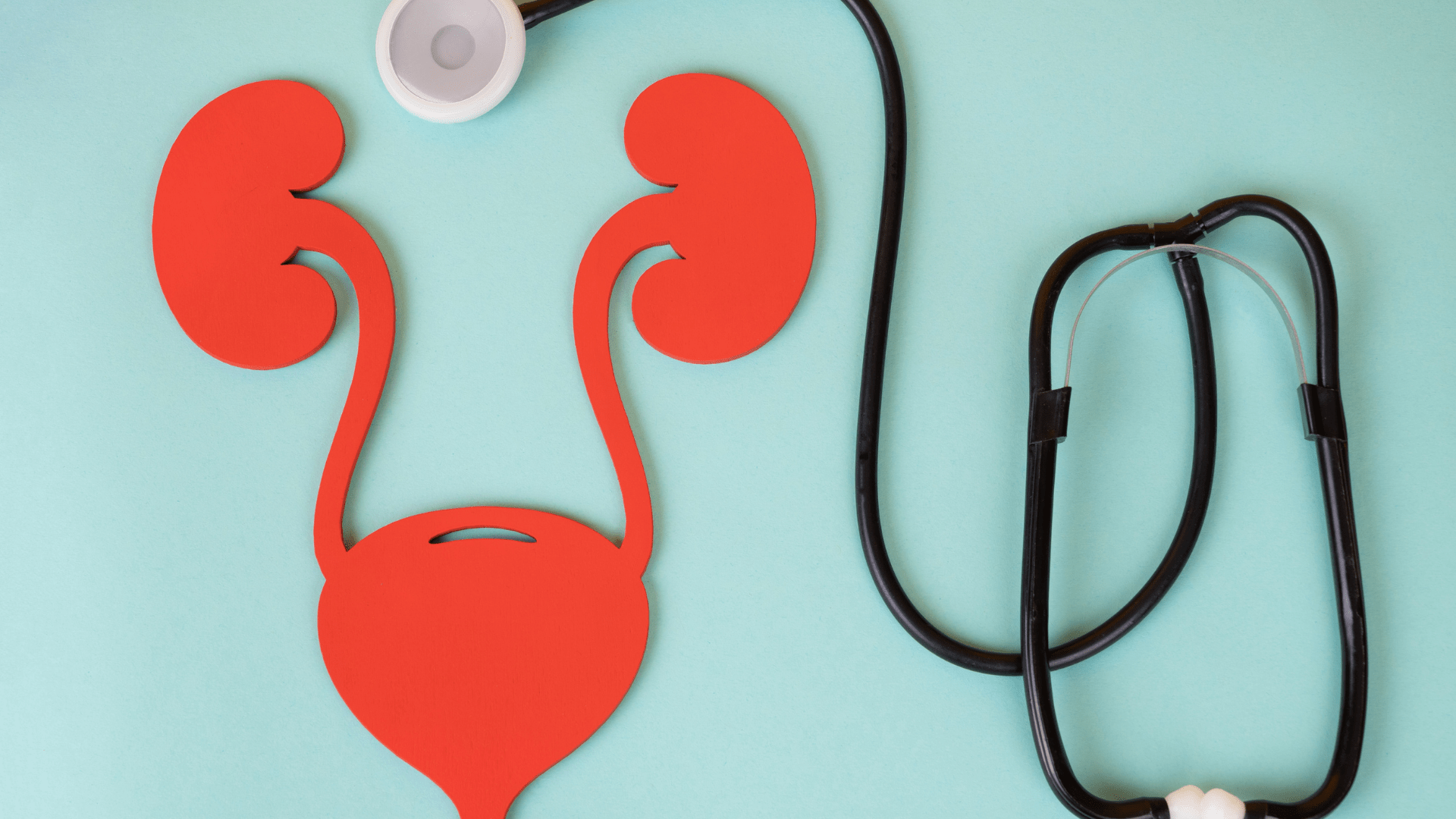Periods can do the most.
As if dealing with the blood, mood swings, and bloating isn’t stressful and chaotic enough, then comes the cramps that have you feeling like your uterus is in a full-blown fight with you, and guess who’s constantly losing every single round? You!
The most annoying part? Everyone around you is acting like you’re being a drama queen. You constantly hear things like,
“It’s normal! Or the absolute worst, “You’re a woman and you should be used to it by now”.
But what if your period pain isn’t normal, and your body has been ringing an alarm for months or even years to let you know that something else might be wrong, but everyone keeps telling you to hush? Let’s break it all down.
What Is Normal Period Pain?
Period pain is caused by chemicals known as prostaglandins. They help your womb contract and shed its inner lining. It’s annoying, we know, and can make you feel meh for a day or two, but you should still be able to live a normal life. Normal period pain usually:
- Starts a day or two before or on the first day of your period.
- Can last for 1 to 3 days.
- Feels like a cramping in your lower abdomen or your back.
- Reduces with hot water bottles or heating pads, rest, and pain relief medications.
What Are The Signs That Your Period Pain Isn’t Normal?

If any of these sound familiar during your period, there’s a chance that something else is going on:
- Period pain that makes you feel like you need to double the dose of your painkillers and has you rolling on the floor crying. This is a giant red flag you shouldn’t ignore.
- Pain that makes you vomit or faint. This isn’t “part of being a woman”. It’s a sign that there might be something sinister going on.
- Cramps that start way before your period actually starts or stay way after. Normal period pain is close to your flow and doesn’t linger for long. If you experience this, it isn’t normal.
- Heavy menstrual bleeding that has you soaking through pads, changing pads very frequently, passing large clots, or bleeding for more than 7 days.
- Pain when you have sex, pee, or defecate isn’t normal.
What Are the Causes of Severe Period Pain?
If your periods feel like a chaotic mess, chances are there are some villains causing the chaos behind the scenes. Some of the common causes of severe or abnormal period pain are:
Endometriosis
This is a condition where tissue similar to the inner lining of your womb is found outside your womb in places where it’s not supposed to be, like your ovaries, fallopian tubes, or even your bladder or intestines.
This tissue still responds to your hormones during your menstrual cycle each month, and thickens, breaks down, and bleeds. The problem is that there is no escape route for the blood to flow out. It gets trapped and irritates the organs and structures nearby.
The result? Unbearable pain.
Adenomyosis
Think of this like endometriosis’ evil twin sister, but with a twist. The tissue similar to the inner lining of your womb doesn’t grow outside your womb, but grows into the muscular layer of your womb. The result? A thick, heavy, and excruciating period pain that takes you out of commission.
Fibroids
These are non-cancerous growths that form in or around the womb. They have different sizes, shapes, and locations. Some can be silent and cause no symptoms. Others? Can be nasty troublemakers that can cause bad period pain, heavy menstrual bleeding, or infertility in some cases.
Pelvic Inflammatory Disease
This is an infection of the reproductive organs, often caused by untreated sexually transmitted infections. It can also happen after childbirth, miscarriage, or even IUD insertion. When not treated early, it can cause scarring, chronic pain, and even infertility.
Other Possible Causes
- Polycystic Ovary Syndrome: Not everyone with PCOS has pain, but some can experience irregular and painful period cramps.
- Cervical Stenosis: When the cervical opening is too narrow, it can block the flow of menstrual blood, which could cause pain or pressure.
- IUD-related Cramping: Some hormonal or copper IUDs can worsen cramps temporarily (or long-term in a few cases).
- Hormonal Imbalance: High level of oestrogens, low progesterone, or thyroid issues can also worsen pain.
What You Should Do If You Suspect Something’s Off
If your pain is affecting your quality of life, don’t let society gaslight you into thinking it’s part of the package deal of being a woman. Go see a doctor.
Your doctor would ask for your symptoms, perform a pelvic examination, and order tests like a pelvic ultrasound scan, hormonal tests, STI screening, or a laparoscopy (a small surgery to check for endometriosis or other conditions.
A pro-tip is to have a symptom diary. Note how heavy your flow was, including how many pads you used, how frequently you changed it, if there were clots, and how long it lasted for. Also, keep track of how severe your pain is on a scale of 1-10, what helped, and what worsened it. Doing this helps you and your doctor notice patterns, manage your symptoms, and get to the root cause faster.
Final Thoughts
While period pain may be common, that doesn’t automatically mean all period pain is normal. Severe period pain doesn’t build character. It’s a sign that there is something wrong, and you need to seek help to help you live your soft girl life you deserve. So, let this article be your permission to call BS – respectfully (or not) the next time someone tells you “it’s just part of being a woman”.
If you’d like to speak to a gynaecologist, click here to get started.
References
Dysmenorrhea: Menstrual Cramps, Causes & Treatments
Menstrual Cramps – Women’s Health Issues – MSD Manual Consumer Version





